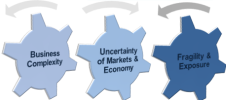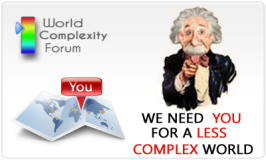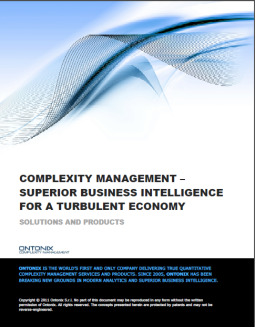RM needs “unity (and purity) of purpose”:: [re]building the Tower of Babel
Monday, 14 May, 2012 Leave a comment
 If you are wondering what I am babbling about (I understand the word is derived from the bible story) and aren’t familiar with the story here is a brief re-cap:
If you are wondering what I am babbling about (I understand the word is derived from the bible story) and aren’t familiar with the story here is a brief re-cap:
Genesis 11:1-9, The Tower of Babel – Story Summary:
Up until this point in the Bible, the whole world had one language – one common speech for all people. The people of the earth became skilled in construction and decided to build a city with a tower that would reach to heaven. By building the tower they wanted to make a name for themselves and also prevent their city from being scattered.
God came to see their city and the tower they were building. He perceived their intentions, and in His infinite wisdom, He knew this “stairway to heaven” would only lead the people away from God. He noted the powerful force within their unity of purpose. As a result, God confused their language, causing them to speak different languages so they would not understand each other. By doing this, God thwarted their plans. He also scattered the people of the city all over the face of the earth.
The pace of globalisation may have faltered as a result of the financial crisis but consumer appetites and technology have provided the common language and tools to ensure that we become, if not more connected, then more aware of the “invisible” networks that determine (whether we like it or not) that the future is OUR, SHARED, FUTURE.
Problem is, rather than (co)operate as interdependent components of [non-linear] systems, sub-systems and networks, that transcend borders, sectors, domains and scales, we STILL think in linear terms: within man-made “boundaries”, whether real, imagined or enforced.
We understand competition and are (all too) familiar with quotes, such as, “it’s a dog eat dog world” and “survival of the fittest”, that are trotted out by pop-philosophers intent upon corrupting the wisdom of others, for their own purposes…”greed ISN’T good!”
Greed brought us to where we are today and until people start to question and challenge the business-people who purvey these cancerous clichés as “motivational” WE will fail to grasp the critical nature of the mission we MUST undertake. The exchanges I highlighted in this recent article should serve to illustrate the extent of the dis-harmony amongst some serious heavyweights in an industry that, patently, understands competition more readily than it does, obsolescence!
The nature, and scale, of the problems are such that there should be little room for ambiguity of PURPOSE. But, instead of UNITY and progress, we find the type of undignified hair-splitting and in-fighting surrounding the LANGUAGE of one or other “code” or set of rules! Ironically, NEITHER “solution” possesses the requisite variety to begin to fully understand, let alone address, the problems.
Unsurprisingly, God’s work has stood the test of time and, for us mere mortals, there is a great deal more understanding, humility and co-operation required, just to close the gates of hell…














